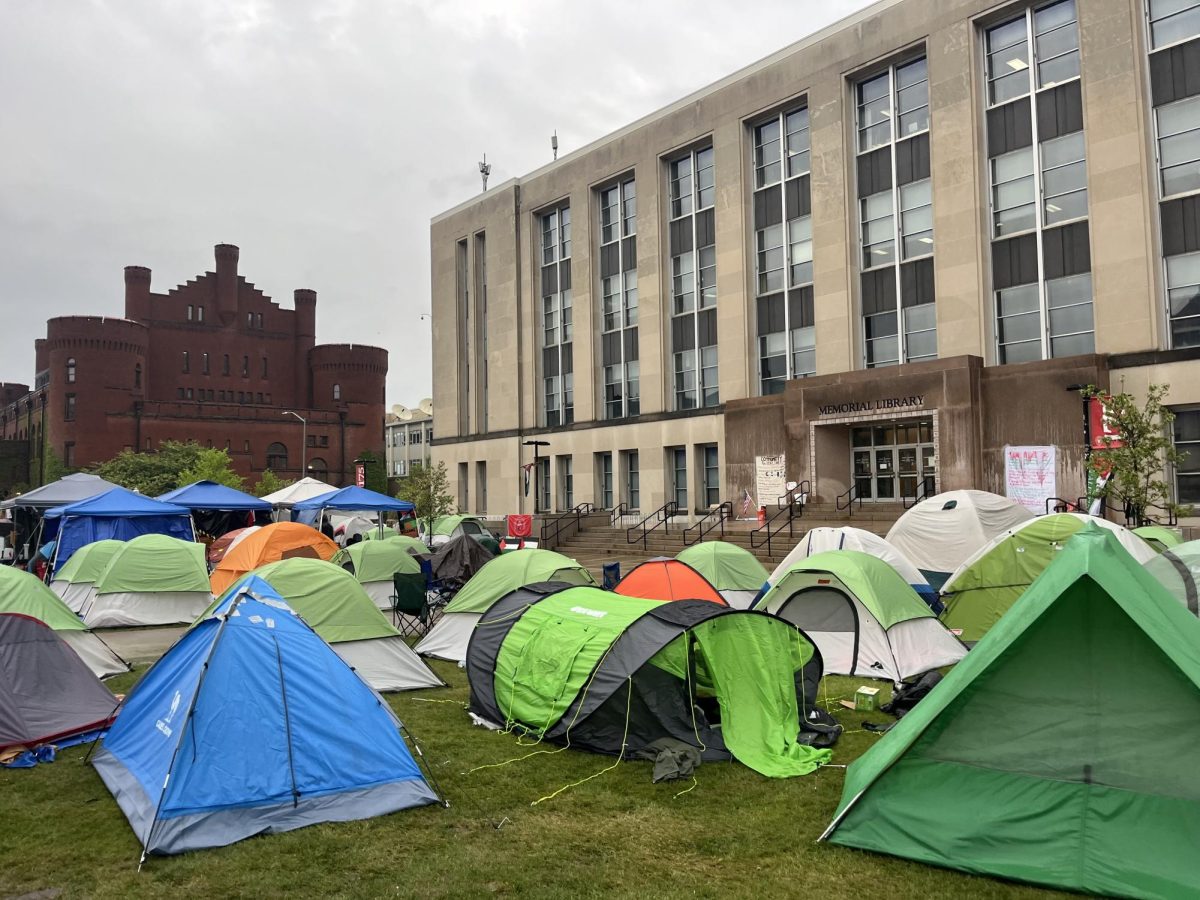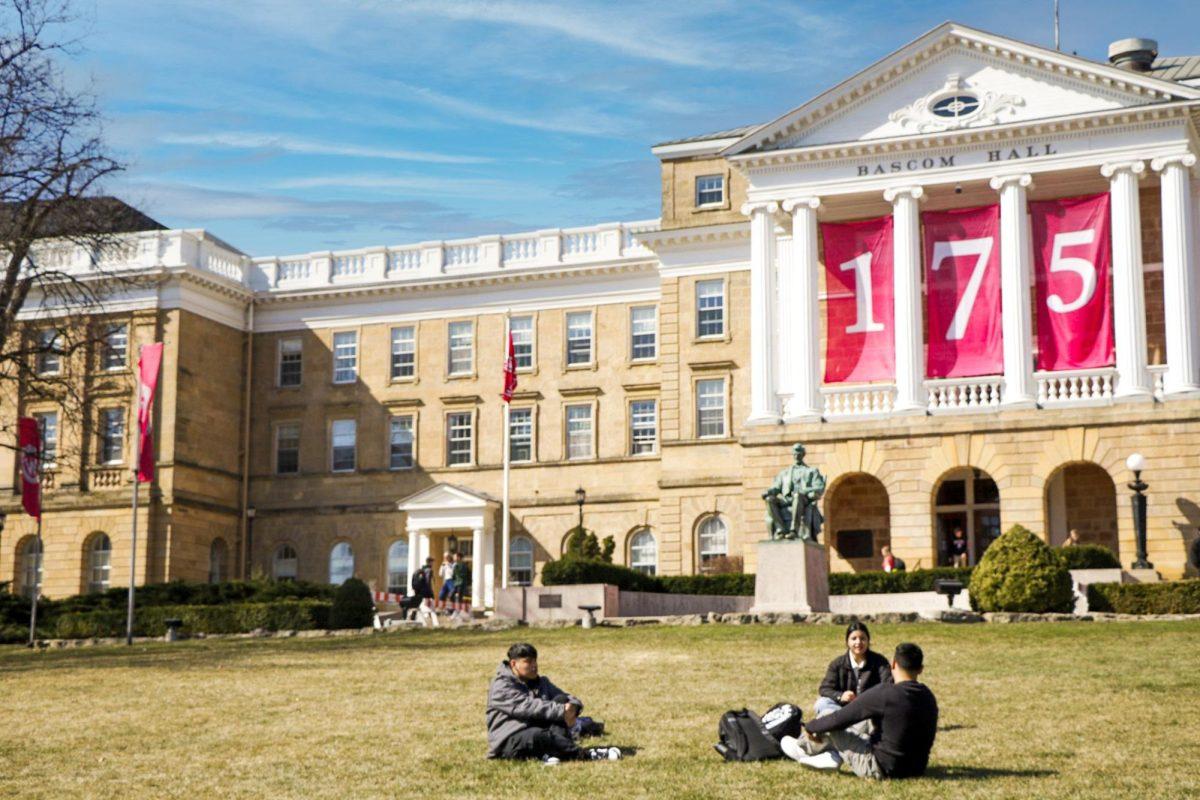Advertisements
Advertisements
LGBT issues at UW
November 9, 2010
Leave a Comment
Donate to The Badger Herald
Your donation will support the student journalists of University of Wisconsin-Madison. Your contribution will allow us to purchase equipment and cover our annual website hosting costs.
More to Discover





















